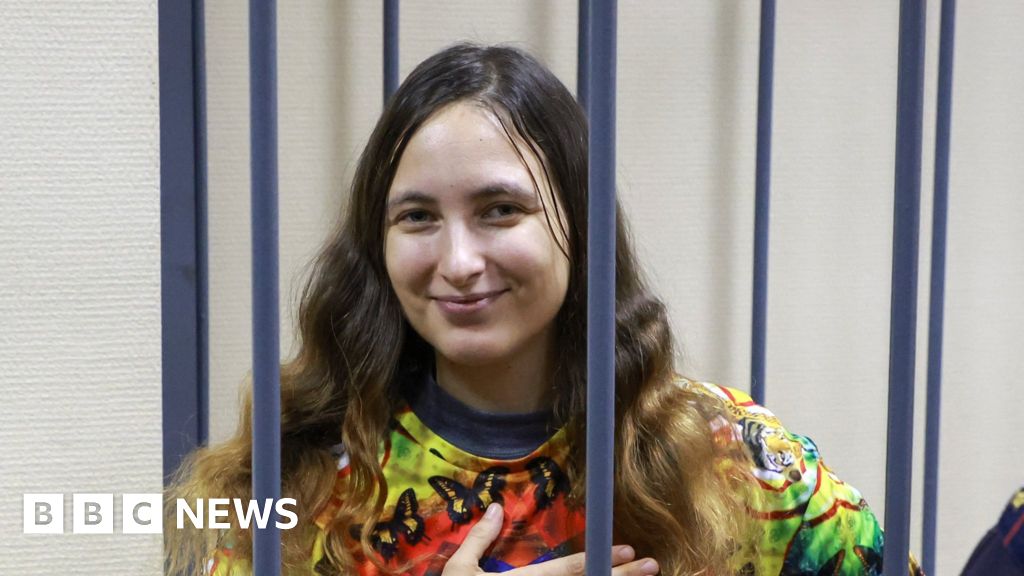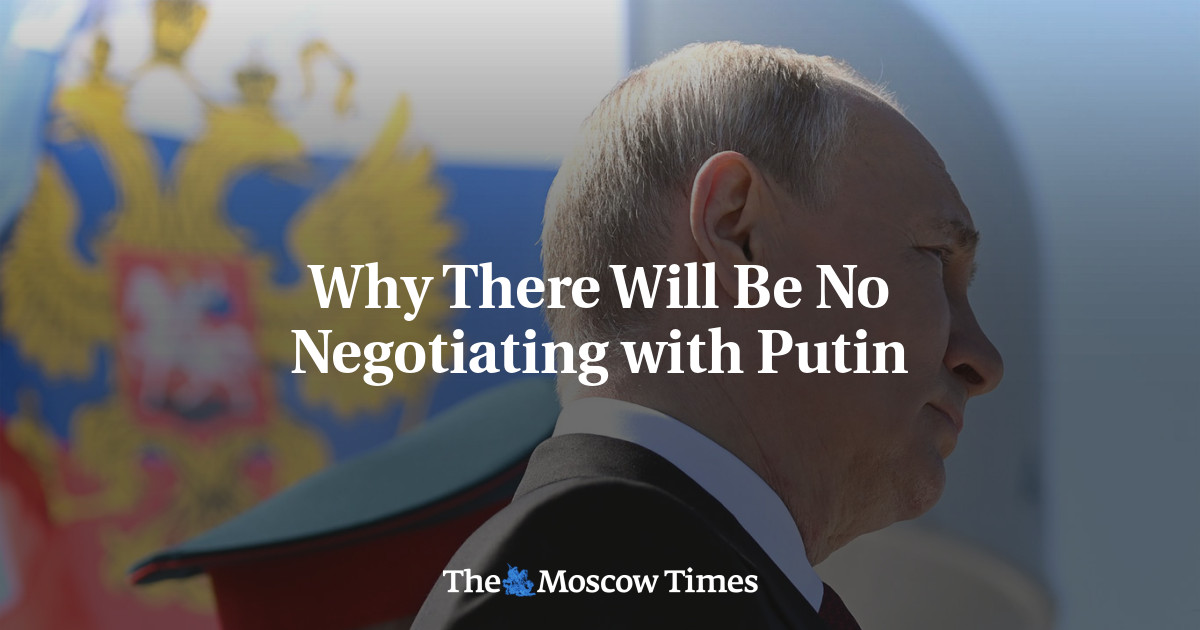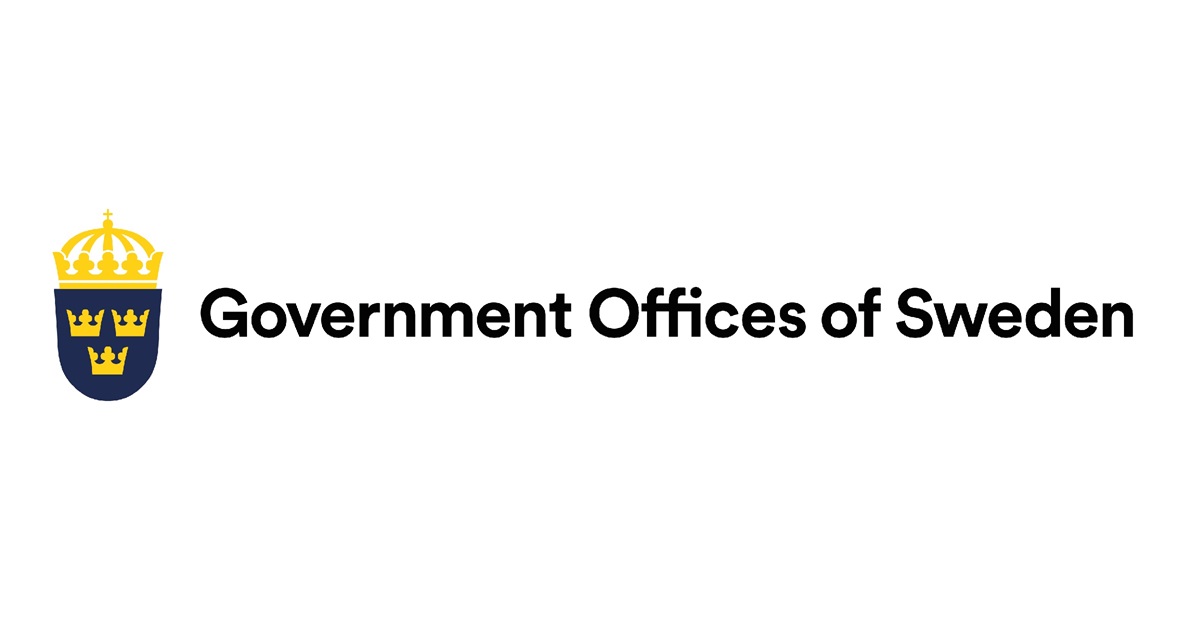Missing Ukrainian child traced to Putin ally
A key political ally of Vladimir Putin has adopted a child seized from a Ukrainian children's home, according to documents uncovered by BBC's Panorama.
Sergey Mironov, the 70-year-old leader of a Russian political party, is named on the adoption record of a two-year-old girl who was taken in 2022 by a woman he is now married to.
Records show the girl's identity was changed in Russia.
Mr Mironov denies the allegations.
The child, originally named Margarita, was one of 48 who went missing from Kherson Regional Children's Home when Russian forces took control of the city.
They are among about 20,000 children who, according to the Ukrainian government, have been taken by Russian forces since the start of the full-scale invasion in 2022.
Earlier this year the International Criminal Court (ICC) issued arrest warrants for President Vladimir Putin and his Commissioner for Children's Rights, Maria Lvova-Belova, for the alleged illegal deportation of Ukrainian children to Russian-controlled territory, with the intention of permanently removing them from their own country.
Mr Mironov wrote on X (formerly Twitter) that the allegations were "fake," blaming them on "Ukrainian special services and their Western curators".
The Russian government says it does not deport Ukrainian children, but does evacuate them to give them protection from the war.
The BBC worked with Ukrainian human rights investigator Victoria Novikova to find out what happened to Margarita and the other children. Ms Novikova has prepared a dossier of new evidence for Ukraine's prosecutor-general's office, which will hand it to the ICC.
The mystery surrounding Margarita began when a woman in a lilac dress turned up at Kherson's children's hospital, where the 10-month-old was being treated for a bout of bronchitis in August 2022.
Margarita was the youngest resident of the local children's home, which looked after children who had medical problems, or whose parents had lost custody of them or had died.
Margarita's mother had given up custody shortly after her birth, and her father's whereabouts were unknown.
Dr Nataliya Lyutikova, who led infant treatment at the hospital, said she was a smiley baby who loved cuddling people.
The woman in lilac introduced herself as "the head of children's affairs from Moscow", Dr Lyutikova recalls.
Kherson - now back under Ukrainian control - was then in its sixth month of Russian occupation.
Soon after the woman left, Dr Lyutikova says she received repeated phone calls from a Russian-appointed official, who had recently been put in charge of the children's home. The official demanded that Margarita be sent back to the home immediately.
Within a week, Margarita was discharged from the hospital. The following morning, staff at the children's home were asked to prepare her for a journey.
"We were afraid, everyone was afraid," said Lyubov Sayko, a nurse at the home.
She described how Russian men - some in military-style camouflage trousers, one in black glasses and holding a briefcase - had arrived to collect the girl.
"It was like something out of a film," she said.
But this was just the start.
Seven weeks later, Igor Kastyukevich, a Russian MP dressed in military fatigues, arrived at the home and, with other officials, began to organise the deportation of the remaining children, including Margarita's half-brother Maxym.
"They took them from our hands and carried them out," Ms Sayko said.
Video footage - posted on Telegram by Mr Kastyukevich - showed the children, bundled up in their outdoor clothing, being carried into buses and ambulances, and driven away.
"The children will be taken to safe conditions in Crimea," Mr Kastyukevich said, as the children were loaded up. Crimea was annexed by Russia from Ukraine in 2014. Mr Kastyukevich portrayed the event as a humanitarian mission.
The midnight train
For five months, the BBC has been trying to trace Margarita and the other 47 children, working with Victoria Novikova.
Finding lost children in a place as vast as Russia, a country of more than 17 million sq km (6.6 million sq miles), is no easy task.
The first job was to identify the mysterious woman in lilac who visited Margarita in the hospital last August.
Victoria uncovered a Russian document which authorised Margarita's transfer to a Moscow hospital for medical tests. A woman was named on the document: Inna Varlamova. A search on social media confirmed she was the mysterious woman in lilac.
We then showed a photo of Ms Varlamova to Dr Lyutikova and she identified her as the same woman who had visited Margarita on the children's ward.
After further searches, we discovered that Ms Varlamova works in Russia's parliament, though it is not clear in what capacity, and owns property in Podolsk, near Moscow.
We had solved part of the mystery. But questions remained.
"Margarita did not need a special examination," said Dr Lyutikova, speaking of the night the child was taken.
"Why take a small child so far away?"
With Inna Varlamova's name in hand Panorama then acquired train records from sources inside Russia. These showed that she arrived in occupied Ukraine on the same day that witnesses say Margarita was taken from the children's home.
Later that night, at 12:20, Ms Varlamova took the train back to Moscow, with extra return tickets.
Margarita, the evidence suggests, was spirited out on this midnight train.
But why?
A Russian source then delivered another crucial piece of information: a document showing Ms Varlamova had recently married political party leader Sergey Mironov.
Mr Mironov, a former paratrooper, is the leader of Just Russia Party - part of Russia's state-authorised opposition - and supports President Putin. He has been sanctioned by a number of Western countries, including the UK and the EU.
Then came a key revelation.
We accessed a birth record, created last December, for a 14-month-old girl named "Marina". The child's parents were named as Inna Varlamova and Sergey Mironov. The entry was irregular, showing no original record of the child's birth.
"Marina's" birthday was listed as 31 October 2021 - the same day Margarita was born.
"When I saw Marina's birthday was the same as Margarita's, I realised it was 'bingo'," said Victoria.
Through anonymous Russian sources, our team has now been given Margarita's adoption record. Margarita Prokopenko has been renamed Marina Mironova, after her adoptive father Sergey Mironov. Her birthplace is listed as Podolsk.
The Russian government said it had no knowledge of Margarita's case and could not comment.
Adoption decrees
The Geneva Convention, which defines what constitutes a war crime, says it is unlawful to deport civilians in times of war, unless it is essential for security or imperative military reasons and it is temporary. The convention also bans changing a child's family status.
When President Putin and his children's commissioner Maria Lvova-Belova were indicted by the ICC earlier this year, the court alleged that the unlawful deportation of hundreds of Ukrainian children from orphanages and children's homes was done with the "intention to permanently remove these children from their own country".
This followed President Putin's decision to issue decrees which had the effect of making it easier for Russians to adopt Ukrainian children.
Ms Lvova-Belova has said that Russia only takes children into foster care or guardianship.
"We don't have adoptions," she said last month. "This is a very important fact because adoption means that the child becomes fully native. You can change his last name, first name, patronymic [middle name], you can change the place of birth."
But in its response to our investigation, the Russian government said it was "incorrect" to say that Russia does not authorise the adoption of Ukrainian children from the newly declared regions of Russia. It said it now considers large parts of Ukraine to be Russian, and the people living there its citizens, including children.
One child collected
We have written to Sergey Mironov and Inna Varlamova, asking where Margarita is now, but they have not replied.
Almost all of the other children who were taken from the home are believed to remain in Russian hands. At least 17 are in Crimea, according to the Russian authorities. All have relatives in Ukraine, Victoria Novikova says.
Ukraine says it has identified 19,546 children who have been taken to Russia. It claims that fewer than 400 have returned.
Russia disputes these figures.
Moscow says it will reunite children with family or friends if a legitimate claim is made and they travel to get them. But many parents do not know where their children are, and the process of finding and retrieving them is difficult and complex.
We know of only one child from Kherson Children's Home who has been brought back to Ukraine. Last month, three-year-old Viktor Puzik, who had been in the facility waiting for an operation for a health condition, was collected from Crimea by his mother, Olha.
She said waiting to know he was safe had been agony.
"I kept thinking, where is he, how is he? Is he alive or not? Everything crossed my mind."
Victoria wants to find all the other missing children from the Kherson Children's Home but is worried they could soon become untraceable.
"Time is not on our side," she says. "The problem is [the Russian authorities] try and erase the children's identity when they issue Russian birth certificates or even passports."
In the meantime, she has not given up hope of returning Margarita to Ukraine.
She has not yet found relatives who can take in Margarita so she herself has been appointed the little girl's legal guardian by the Ukrainian government, and has plans to apply to the Russian authorities to return her.
"The world needs to know about Margarita's existence. They wanted to erase her. We need to bring her back."
https://www.bbc.com/news/world-europe-67488646

 www.themoscowtimes.com
www.themoscowtimes.com







